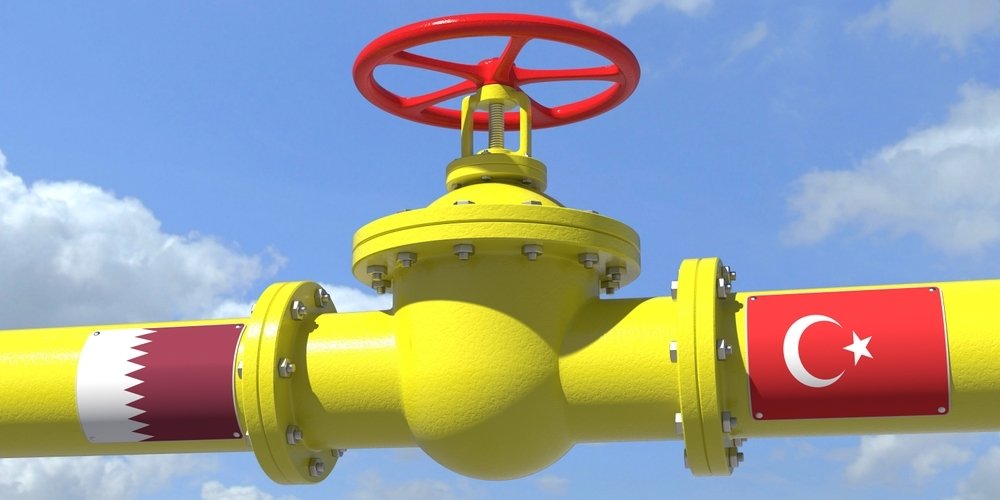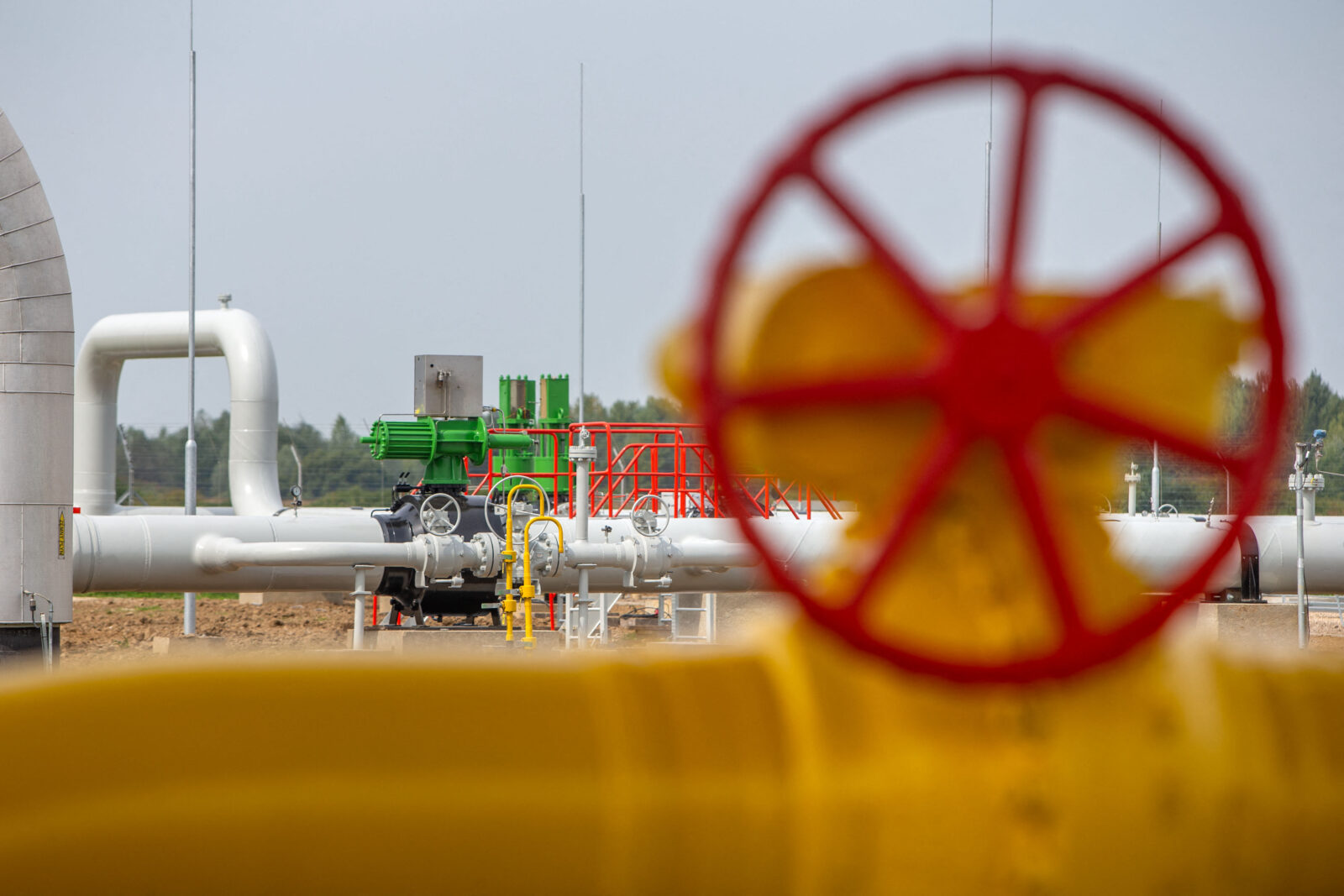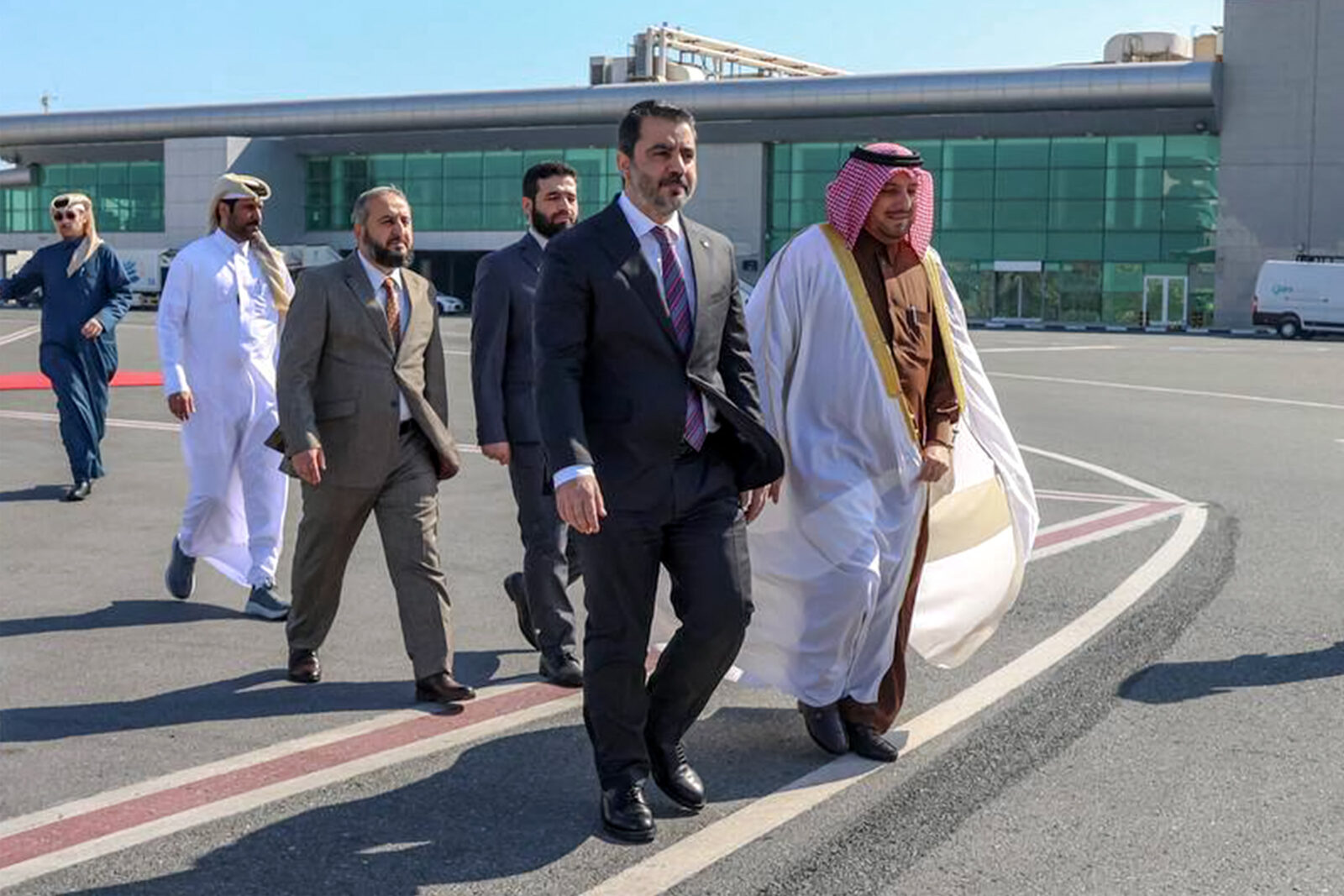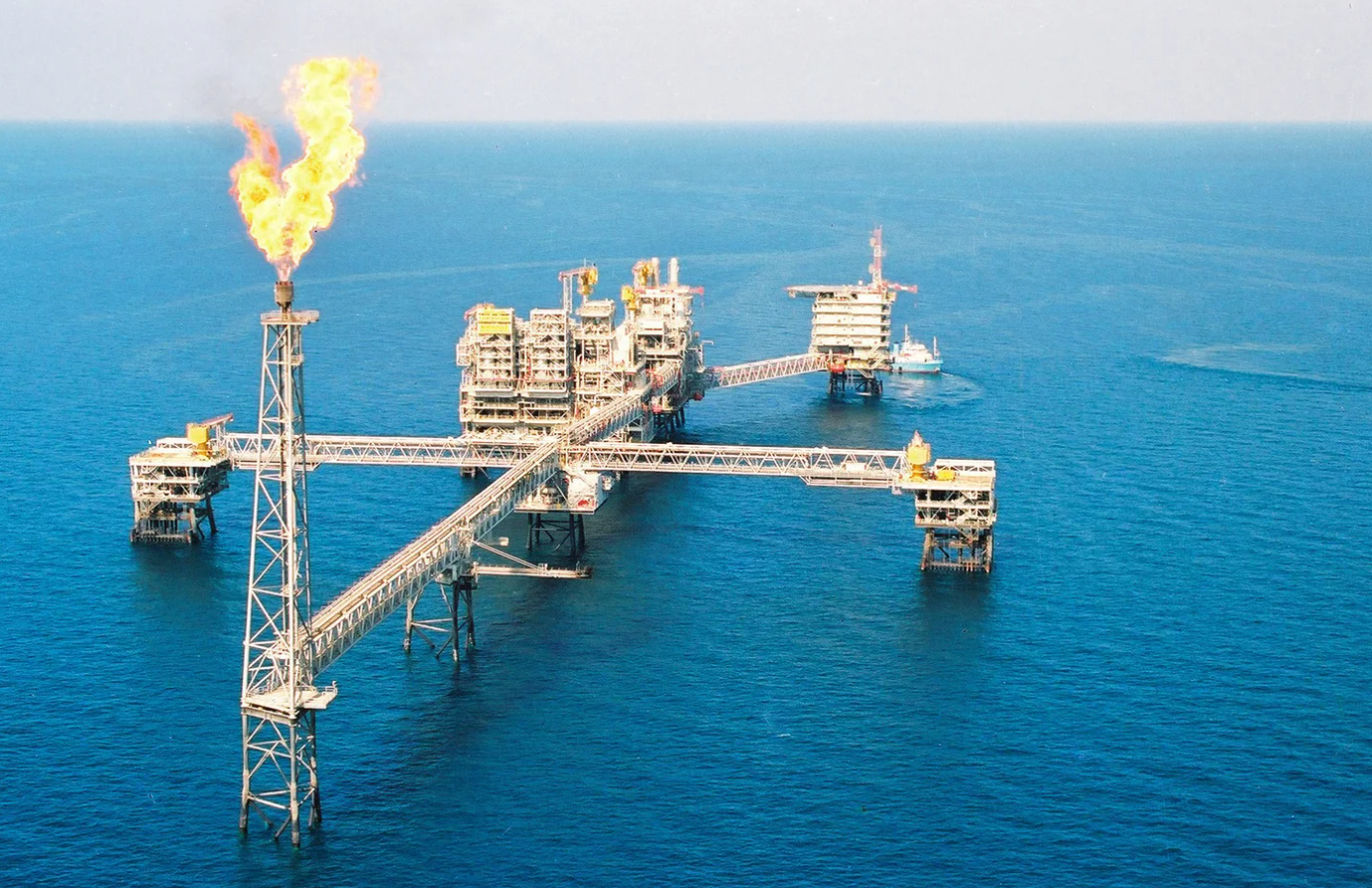
Qatar's Foreign Ministry spokesperson, Majed Muhammad Hassan Abdullah al-Ansari, dismissed recent reports claiming that Qatar is planning to supply natural gas to Europe via a pipeline through Syria and Türkiye, calling the claims “media speculation.”
"We have all seen the speculation in the media about this natural gas pipeline. These are nothing more than media rumors," al-Ansari said in response to a question from Russia's TASS news agency regarding the possibility of building such a pipeline.

Al-Ansari emphasized Qatar's commitment to providing humanitarian and technical support to the Syrian people, particularly in rebuilding critical infrastructure like the Damascus International Airport.
"We are determined to support the Syrian people in terms of humanitarian and technical assistance, as well as discussing all kinds of aid for rebuilding infrastructure," he stated. However, he declined to comment on economic matters related to natural gas supply.
The spokesperson underscored that Qatar's current priority in Syria is maintaining stability and addressing the needs of the Syrian population.

Discussions about a potential Qatar-Türkiye natural gas pipeline date back to 2009.
According to the UAE daily the National‘s story from 2009, Qatar had proposed a gas pipeline from the Gulf to Türkiye.
In 2009, the former ruler of Qatar, Sheikh Hamad bin Khalifa Al Thani, said, ”We are eager to have a gas pipeline from Qatar to Türkiye.”
Proposed by Qatar in 2009, the $10 billion, 1,500-kilometer Qatar–Türkiye pipeline was designed to transport gas from Qatar's vast South Pars/North Dome field to Europe via Saudi Arabia, Jordan, Syria and Turkish distribution terminals.
However, efforts to implement the project reportedly faced opposition from former Syrian officials. Recently, Türkiye's Energy and Natural Resources Minister Alparslan Bayraktar said that Qatar's gas could be transported to Europe via Türkiye if a secure transport system is established in Syria and stability is ensured in the region.
"There are ongoing discussions about transporting Qatari gas through Syria to Türkiye and Europe. These plans are still in the early stages and require further technical and financial evaluation," Bayraktar said.
Despite these statements, Qatar firmly denied any plans to move forward with such a project.

The Qatar–Türkiye pipeline proposal aimed to deliver natural gas from the Iranian–Qatari South Pars/North Dome gas-condensate field to Türkiye, where it could connect with the Nabucco pipeline to supply European customers. One proposed route to Türkiye was via Saudi Arabia, Jordan, and Syria, while another passed through Saudi Arabia, Kuwait and Iraq.
Allegedly, Assad refused to sign a proposed agreement with Qatar in 2009. This agreement would have enabled the pipeline to bypass Russia, supplying Europe directly.
According to an Agence France-Presse (AFP) report, Assad’s rationale was to safeguard the interests of his Russian ally, a major supplier of natural gas to Europe. Moscow's influence allegedly persuaded Assad to reject the deal, ensuring Europe’s continued reliance on Russian gas.
Syria also announced its "Four Seas Strategy" in 2009, a policy intended to transform the country into a transit hub for gas flows between the Gulf, the Black Sea, the Caucasus, and the Mediterranean. This strategy included utilizing the 6,300 kilometers of gas and oil pipelines crossing Syria and leveraging the Arab Gas Pipeline (AGP).
The AGP, which began construction in 2003, was meant to connect Egypt to Türkiye and further link with Europe. However, the Syrian conflict, which began in 2011, disrupted the completion of its planned extensions.